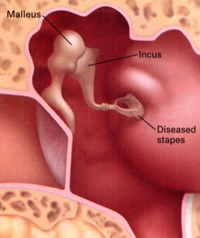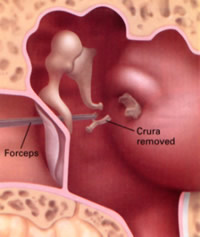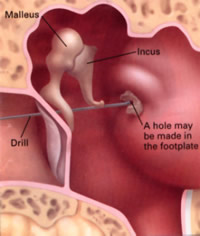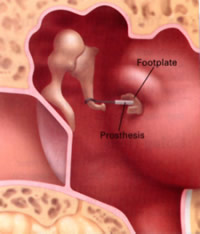GENERAL INFORMATION CONCERNING SURGERY
Scheduling and the Day of Surgery
- Once a surgery date has been scheduled, the proper preoperative scheduling will be done. The hospital will contact you about any anesthetic issues, and any heart, blood pressure or diabetic medications that you need to continue.
- The hospital or our office will tell you exactly when and where to arrive prior to surgery. Written information will also be given to you at our office concerning this.
- There should be NO eating or drinking after midnight the day before surgery.
- Once you arrive, the hospital nurses will be taking your history and the anesthesiologist will be talking to you during the preoperative time.
- Immediately after surgery, you will wake up in the recovery room, where you are watched very closely. From there you will be going to a unit that treats patients for day surgical procedures.
- Once you are sent to this hospital unit, your family & friends are allowed to be with you.
- You will probably have some type of dressing/bandage over your ear. Your ear will feel full because there is packing in your ear.
- Once your are awake enough and are able to drink fluids and eat food, the nurses will allow you to be discharged from the hospital. With this ear surgery, this is usually 4-5 hours after your procedure.
- The nurses will check you for the following thins prior to allowing you to go home:
a. that you are awake enough to travel comfortably
b. that there is little or no bleeding
c. that you have minimal or no pain
d. that you do not have significant nausea, vertigo or dizziness
e. that your overall health (heart rate, blood pressure, breathing) is
stable
f. that you do not have a fever
10. You will need a ride home after surgery
What you may do at home
- Schedule and visit your doctor about one week after the ear surgery.
- Do light activity at home. Do not lift over 15 pounds for 3 weeks after surgery.
- Do not exercise or move your head quickly for the first 3 weeks postoperatively. Do no stoop over which would cause your operated ear below your waist.
- Do not engage in vigorous exercise or contact sports such as basketball, football, soccer, hockey, etc. for 3 months.
- Do not vigorously blow your nose for three weeks.
- Keep your nose and mouth open with sneezing.
- Do NOT try to pop your ears.
- Do not blow on musical instruments for 4 weeks.
- Flying is permissible after one month but only on commercial airlines.
- Change the outer dressing over the ear daily or as needed for one week. If necessary, the external ear may be cleansed with cotton dampened with rubbing alcohol.
- Avoid getting your operated ear wet. You may wash your hair if you protect your ear from water. One way is to place a cup or plastic glass over your ear while washing your hair.
- No swimming for 2 months. Avoid diving until advised.
- Do not use Q-tips to clean your ear.
- Take your pain medication and possible antibiotics as directed. Resume all your other previous medications.
- Do not be concerned with your hearing. It is very normal for the hearing to be decreased while the ear packing is in your ear.
- Call your physician if you develop a cold or have an elevation in temperature above normal. Please call if you should have excessive pain or dizziness during the first few weeks following surgery. Call if there is excessive drainage. (A small amount of bloody drainage on the cotton the first few days after surgery is not unusual.)
- You are usually off work 1-3 weeks depending on the type of work.
SURGERY VISUAL



